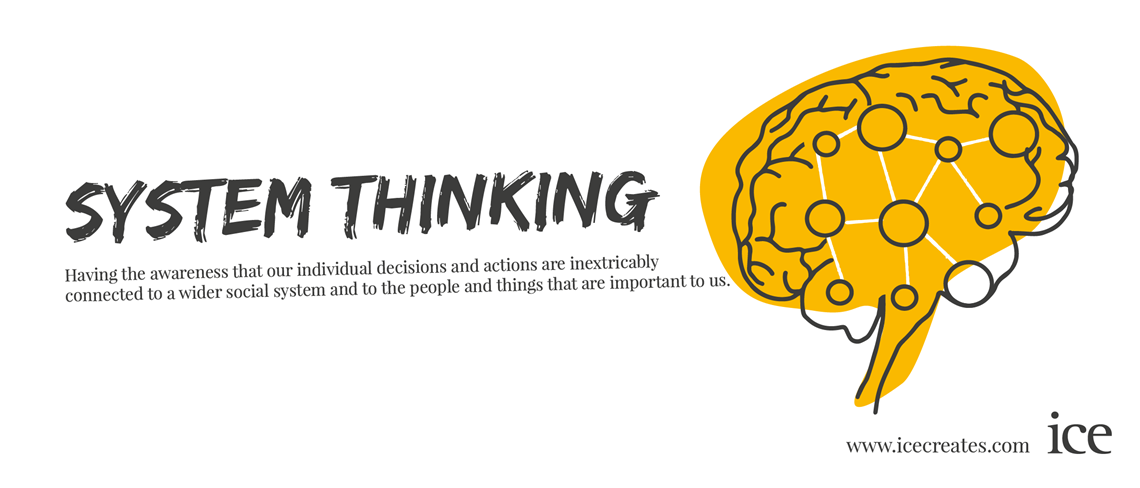
The global threat of coronavirus is an unprecedented public health challenge thats affecting us all. Despite the government’s advice this weekend, and even this week, many people ignored the warnings as they headed to crowded national trust parks, beaches and other public spaces last weekend and building sites this week.
Given the seriousness of this pandemic it seems logical to assume that people will adhere to the expert advice, however we know that people think and act in predictable yet irrational ways.
For instance, when it comes to future predictions, humans tend to overestimate the likelihood of positive events happening to them and underestimate the probability of negative events. In behavioural psychology this is known as ‘optimism bias’, which may be leading people to underestimate their risk of getting coronavirus and subsequently decide it’s okay for them not follow government instruction.
Observing this behaviour signals the need to stress that each and every one of us is responsible for the health and safety of others, particularly those most vulnerable in our society. This requires an awareness that our individual choices and behaviours are inextricably connected to a wider social system, inclusive of the people and things that are important to us.
Sociologist C Wright Mills coined the term “the sociological imagination” to refer to a person’s ability to notice that many problems that are often considered to be private troubles are best understood as public issues.
As Prime Minister Boris Johnson understood and rightly put, to stay home is to protect the NHS and save lives. Reinforcing that coronavirus is not a private trouble, it is a public issue.
Yet to date, many responses to public health issues have fallen into a reductionist trap and implemented one-dimensional interventions that simplify complex health challenges.
For instance, in the US public health officials aimed to tackle the issue of high blood pressure by working with the food and drink industry to reduce salt intake at a population level. Yet in singling out salt-reduction, attempts to address other risk factors, like high glucose levels and obesity, were overlooked.
Reducing the issue of high blood pressure to a single solution oversimplified a complex disease and, as a result, this response did not seek comprehensive improvements to tackle population health and nutrition.
“Everything Should Be Made as Simple as Possible. But Not Simpler” (Albert Einstein)
The public health challenge that we face today cannot fall into a similar reductionist trap. Rather complex system thinking is needed to identify, implement and evaluate an effective response to the coronavirus. System thinking recognises that challenges operate within a dynamic and non-linear system that is characterised by complex interrelationships with each of its parts.
The response from the UK government that advises good hand washing, coughing hygiene, self-isolation and social distancing will not reduce the spread of coronavirus alone. It is the complexity of how each distinct action interacts with the wider system that will.
It is these complex and unseen interactions that have a wider system effect – an effect that will reduce the likelihood of transmission, keep the number of infected cases below the threshold of hospital capacity and ensure the NHS can cope.
We all have a choice. You have a choice.
To recognise the wider system in which this challenge operates.
To have an awareness, a “sociological imagination”, to know that our individual choices and actions to go out or stay at home, to wash our hands thoroughly or not, are inextricably connected to the wider social system and to the people important to us.
Powerful examples of social good are happening all around us as we stay isolated, yet connected, kind and resilient. This leads us to believe that a social movement is underway.
Play your part and together we’ve got this.
If you don’t know how, we are committed to playing our part and we can help.
Nina Gavin
Applied Behavioural Insights Lead,
Team ICE Creates